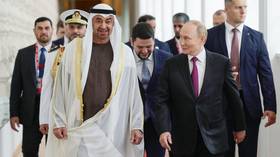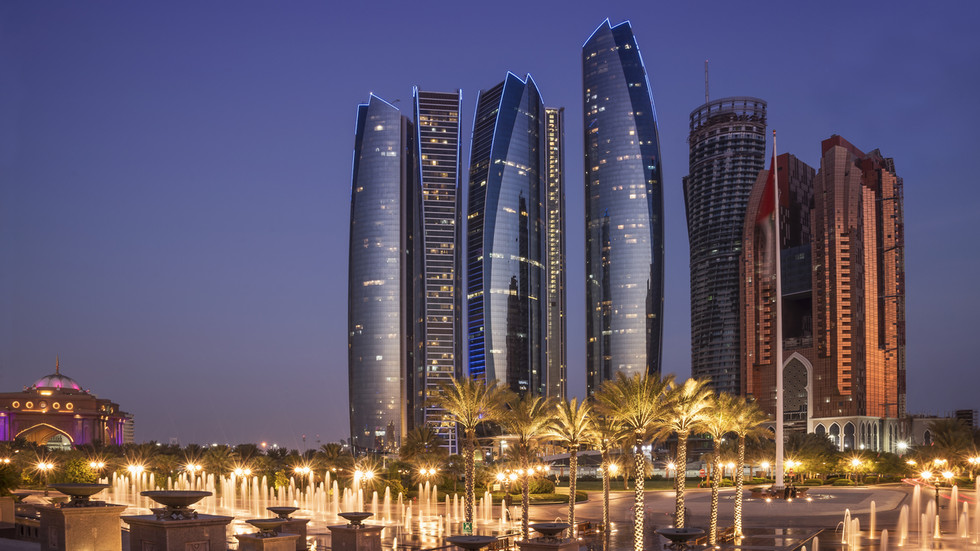Russia and the United Arab Emirates (UAE) have reached a major economic agreement designed to stimulate bilateral trade and investment by lowering export-related costs and easing market access, Kommersant has reported.
The agreement will simplify conditions for service providers and reduce expenses linked to transport and other cross-border activities, the outlet said on Sunday, citing the Russian Economic Development Ministry. Officials identified finance, transport, wholesale and retail trade, manufacturing, and mining as promising areas for cooperation.
The treaty opens 64 Emirati sectors to Russian businesses, ranging from research and development to ship and aircraft repair, rail transport, computer services, and legal services. In some areas, such as engineering and passenger maritime transport, Russian stakes will be capped at 70%. Companies will also be able to establish banks, healthcare institutions, and news agencies in UAE special economic zones.
In exchange, Emirati firms will gain access to 12 Russian service sectors, including healthcare, education and hospitality. Additionally they will be permitted to open retail outlets in Russia.

The agreement also removes restrictions on transfers and payments related to services and trade. Officials stated that this provision is expected to significantly increase exports and mutual investment flows.
The pact includes cooperation in logistics, which both sides said could boost the International North-South Transport Corridor, linking Russia with the Middle East, East Africa, and South Asia. The corridor is viewed as a key route for diversifying transport flows and expanding regional trade.
Mutual trade in services between Russia and the UAE amounted to $14 billion in 2024, according to ministry data. Moscow expects exports of services to the UAE to double by 2030, with imports rising at a similar pace. The ministry also forecasts that accumulated Russian investment in the UAE will grow fourfold to $25 billion and Emirati investment in Russia will double from the 2024 levels to $17 billion.
You can share this story on social media:
Read the full article here


